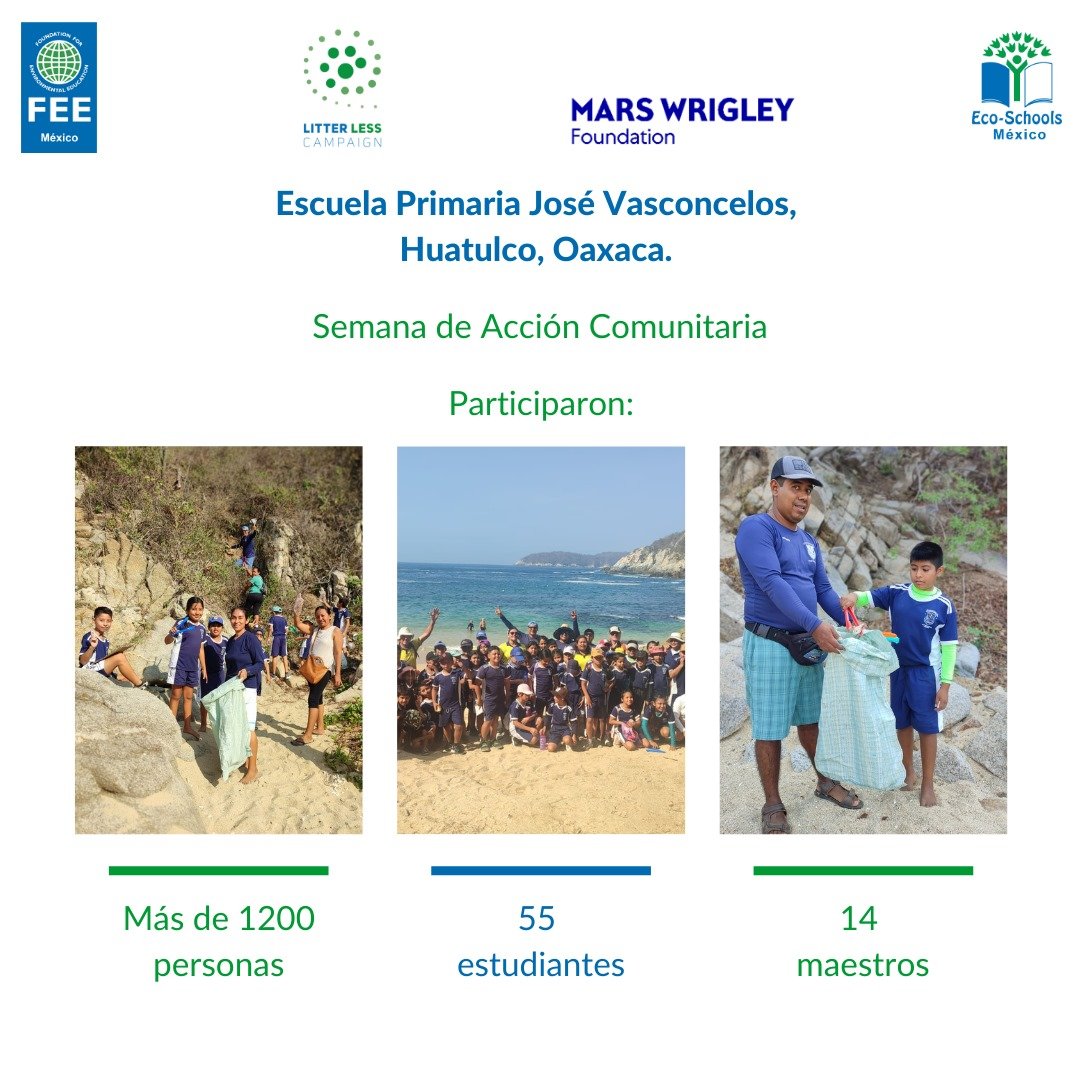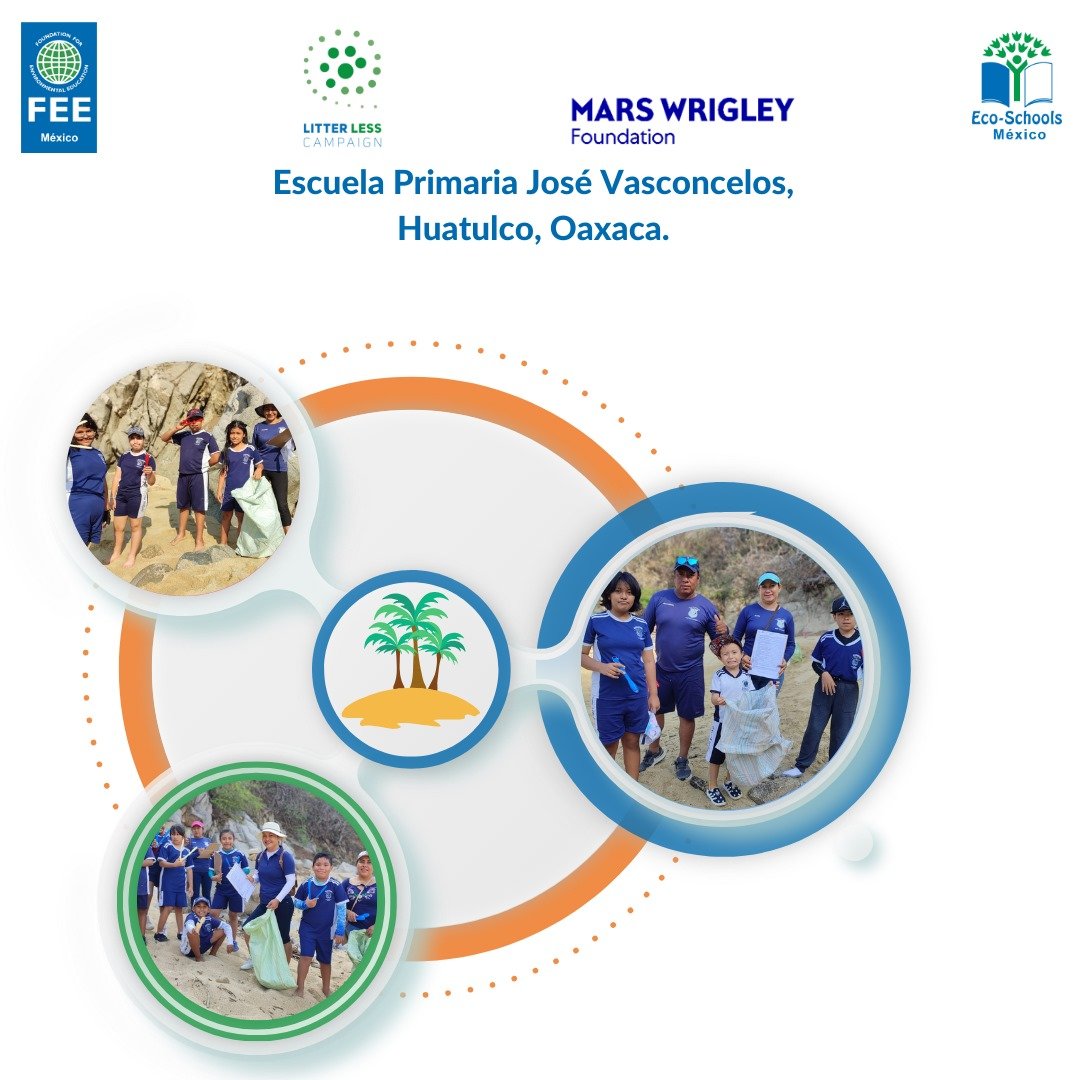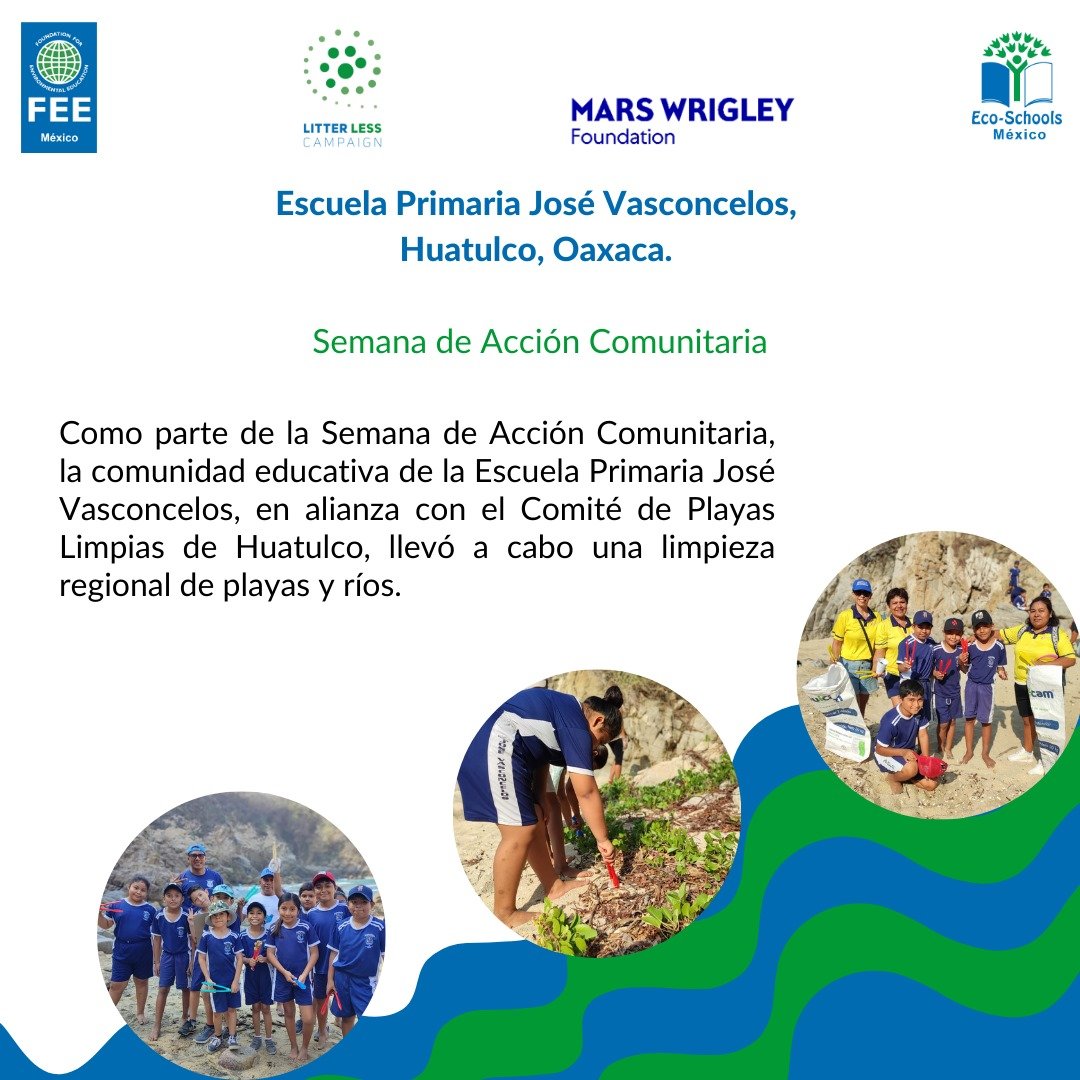In Kenya, the Litter Less Campaign has made a meaningful impact, reaching 121 schools across seven cities and directly engaging 66,908 students while training 578 educators to champion pollution reduction efforts. This broad participation reflects a growing national commitment to environmental education and sustainable practices, especially focusing on Blue Economy.
A standout example comes from Kwale School on the Kenyan Coast, where students and teachers have taken creative and hands-on approaches to address ocean pollution. Through a combination of clean-up efforts, waste reuse, and recycling, the school has built strong awareness of marine conservation challenges. As part of their learning experience, students repurposed collected waste to create artistic models of local fish species, demonstrating both innovation and a deepened understanding of marine ecosystems.
To further embed sustainability into the school culture, sensitization sessions were held to explore the effects of pollution on ocean health and discuss practical strategies for reducing waste at home and at school. These activities have contributed to a noticeable shift in student attitudes and behaviors towards more sustainable waste management. In total, over 47 kg of recyclable materials, (rimarily plastic and paper have been diverted from landfills. Kwale School’s work exemplifies how the Litter Less Campaign fosters not only environmental stewardship but also key life skills such as creativity, problem-solving, and critical thinking.



























